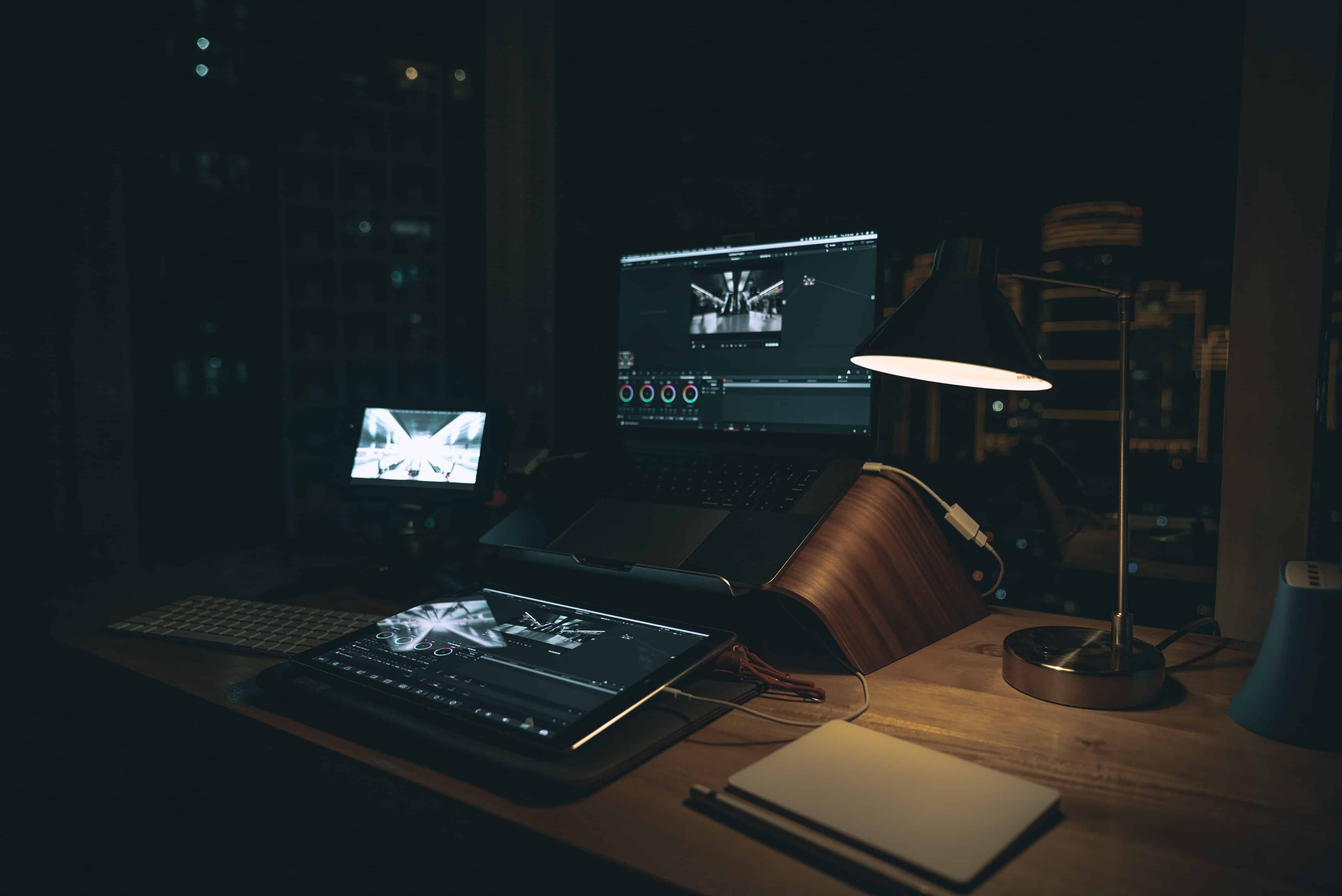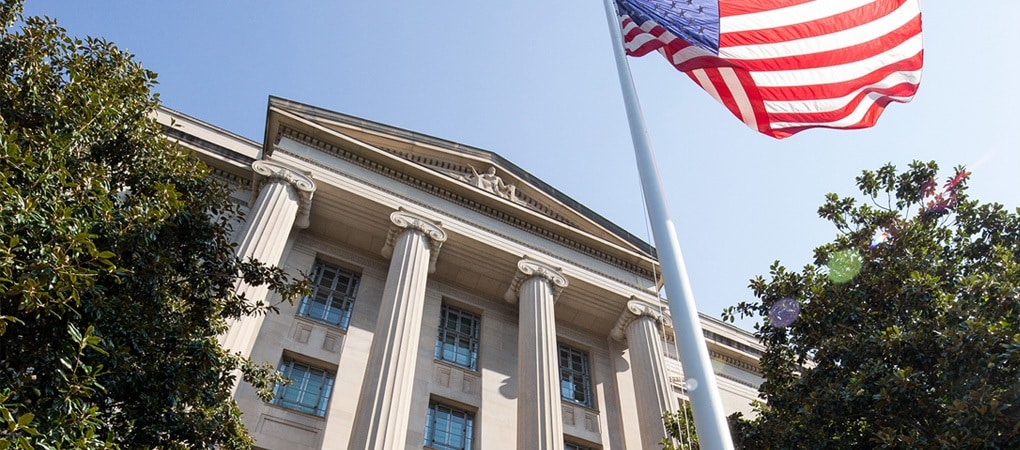The need for effective online education and corresponding materials to help remote students succeed has been greatly exacerbated by COVID-19. Making content more accessible to all, especially to hard-of-hearing students, has been one of the main goals of Virginia Tech’s leaders in 2020. As such, VT has been implementing professional captions and transcripts to their materials to enable inclusive access to all components of the learning experience.
To accomplish this goal, Mark Nichols and Christa Miller of the Technology Enhanced Learning and Online Strategies (TLOS) unit at Virginia Tech established and launched an inspirational university-wide captioning initiative cleverly named “Keep C.A.L.M. and Caption On.”
This initiative recognized that both a cultural shift on campus, as well as in the institution’s boardroom were vital. Nichols and Miller shared their process during a live event with Verbit, which you can watch here, to help inspire other educational professionals to follow suit. They showcased that meeting the growing need for accessible resources is possible. It just takes an effective solution that university stakeholders can get behind.
Common Challenges Faced By Accessibility & Inclusion Professionals
Virginia Tech, as well as many other universities and their digital accessibility and disability departments, are facing similar challenges. These include the need to address the high-demand and captioning requests from students, especially in light of COVID-19 and accounting for bandwidth issues and a lack of manpower to provide accessibility measures. Additionally, meeting ADA compliance and web content accessibility guidelines (WCAG) to provide accessible educational materials for all is also top of mind, yet difficult to achieve. Also, these professionals are looking for ways to support general digital accessibility with a scalable model.
Inspiration from a Successful Campaign: “Keep C.A.L.M. and Caption On”
Universities looking to build out their accessibility initiatives can learn a great deal from Miller’s and Nichols’ execution of a detailed plan, including how they secured funding approval to scale and incorporate live captions into university coursework. In March 2020, VT leaders received the green light to centralize their captioning program. The ambitious campaign involved implementing captions across VT’s materials, raising awareness on campus, as well as providing training to staff members.
“The goal with our team is to make learning available to the broadest possible audience,” Nichols said. “Tackling the awareness and the adoption of captioning…we were laying the foundation for systemic change.”
The Benefits of Inclusive Media for All
“COVID has had a very positive impact on moving accessibility initiatives forward at Virginia Tech, building the awareness across the community, especially among our strategic leaders around the need for captioning services and other accessibility-related services,” Nichols said.
The benefits for using technology, including AI, to make learning more inclusive are many.
Ease of use that can help all faculty & students
Beginning in December 2020, faculty will no longer need to request ASR and professional post-production captioning, which can put an extra strain on faculty; they’ll populate automatically in Kaltura. Interactive transcripts will be available for all students across campus. Having every word documented will help not just hard of hearing students, but all students. Being able to search the transcript for keywords spoken during a video or lecture will provide better navigation for students and save them valuable study time.
Cost efficiency to serve more students
School leaders constantly are struggling with who qualifies and who doesn’t for live captioning, and reviewing these qualifications on a case-by-case scenario. For professional captioning services, a reverse-billing model was implemented. The centralized fund is not a bottomless pit and requests have to meet a certain criteria in order to use the resource. However, using a cost-efficient provider can help schools to save costs by automating more processes, thereby being able to service more students.
Live captioning capabilities, especially with online learning being the norm
Technologies like Verbit’s are advanced and offering not just post-production, but live captioning of lectures and meetings happening on platforms like Zoom. Live functionality means students with disabilities or specific needs can participate more effectively live with their peers. With centralized funding from the university, captioning for both post-production and live Zoom sessions is now widely available in Virginia Tech. With a centralized process and a tech partner in place, the procedure of contacting vendors, setting up payments and manual efforts is no more.
It’s just the beginning
Through strategic planning, Virginia Tech’s leaders are making headway in the path toward inclusive media for all. Verbit’s leadership is humbled to have been selected as the backbone for all automatic speech recognition (ASR) captioning requests at VT, providing accurate and speedy transcriptions that integrate with Kaltura and Zoom. The university is continuing to expand its footprint of accessibility.
“Accessibility is definitely a journey, and not a destination,” Miller said.
Virginia Tech’s journey toward inclusion will be showcased on our site as well. Connect with us at info@verbit.ai for more information on how you too can implement live captions and transcripts for a more inclusive learning experience.





